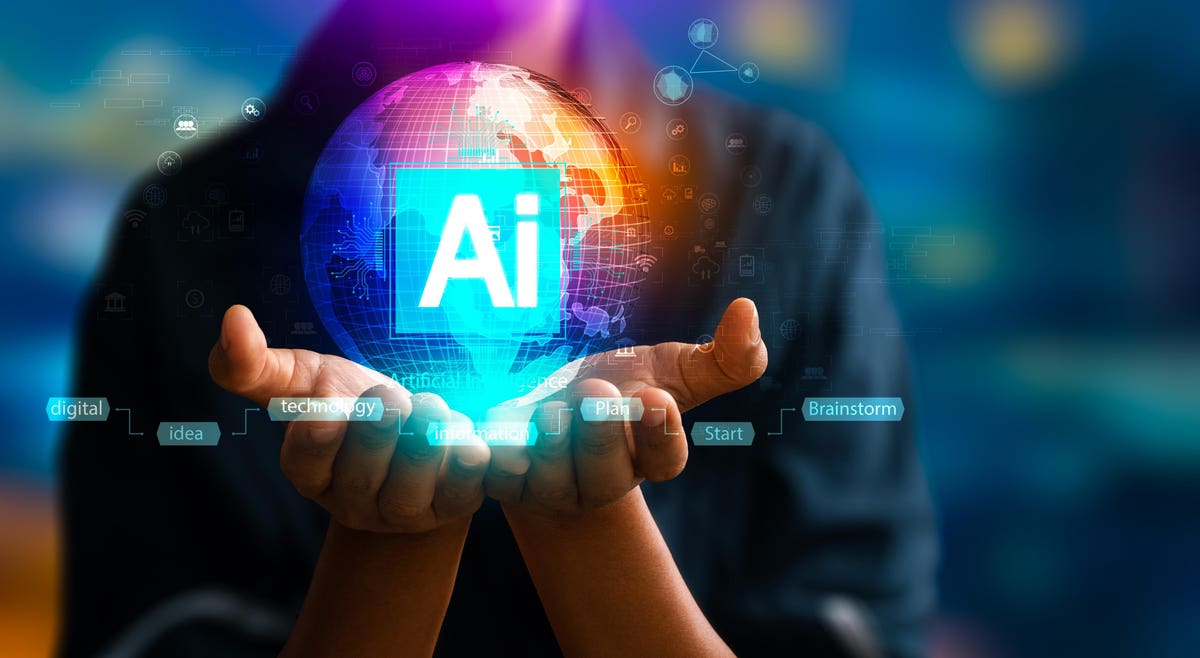Chris Boudreau, CEO, RipeMetrics.
The Terminator seems like an unrealistic dystopian storyline that only belongs in movies. While some of us might be hoping our military is carefully prepared for this type of risk, that is not the topic of this article. What we will walk through is how AI is quietly permeating our world and impacting the experiences that are more relevant to our everyday lives.
We are beginning to see various AI applications used to better address consumer needs and support business functions. This is all part of a movement into a new era defined as the Fourth Industrial Revolution, which is also referred to as “4IR” or “Industry 4.0.”
A quick stroll through the history books reminds us that the First Industrial Revolution was defined by the transition to producing goods with the help of machines, and it lasted from around 1760 to 1840. The Second Industrial Revolution, which occurred in the second half of the 19th century, saw advancements in electricity, railroad and telegraph networks. The Third Industrial Revolution was known as the “digital revolution” and occurred in the late 20th century. This period was effectively defined by the advancement of computers and communication technologies.
Fast forward to today, and we find ourselves on the precipice of “4IR,” where AI could affect pretty much everything. Over the next 20 to 30 years, I believe AI could redefine how we manage both our personal and professional lives and could possibly even reshape most of what defines our daily routines.
Looking at all of the predicted AI advancements that are expected in the 4IR era, it’s hard to not feel this period will likely have the most significant impact of any industrial revolution because of its potential effect on the overall human experience. From my perspective, our personal lives could be what is most affected as AI ushers in compelling conveniences that interconnect across all of our daily activities. AI could also change the broad majority of job functions and even the very nature of how we work. Notably, research has found that many jobs could be eliminated and replaced with machines over the coming 20 to 30 years. For example, McKinsey said that, by 2030, up to 30% of hours worked worldwide could be automated.
There are companies that have already launched the early versions of tools that could become a ubiquitous part of our future AI-powered world. I’m personally part of a company that is developing AI-automated solutions for enhancing the customer experience for businesses. It’s admittedly exciting to see the wide implications AI-powered conveniences could add to our lives as consumers while improving performance and profit margins for our businesses.
Of course, customer-oriented AI applications are just the beginning. Autonomous driving cars have been in our presence, but I believe the next 10 years could bring cars that we send to pick up the groceries we ordered online, flying taxis, TVs that make recommendations about what we should watch and even AI creating the news we consume. In July, I actually watched a news program from a major news network in India, where the host was an AI-generated woman (paywall). As a quick side note, I am proud to say this article was actually written from scratch by the author. You might not see much of that in the future.
So, where does AI go from here? Everywhere. I believe it will take us beyond our current understanding of life, as well as physically enhance us with partnered technology. In the foreseeable future of the next 10 to 20 years, I expect to see Industry 5.0, which will be defined by cyber-physical systems that offer humans the ability to interact with machines as colleagues. The concept of Industry 5.0 is relatively new; the ultimate goal would be to interact with new tools to achieve higher levels of productivity and success, effectively accomplishing more with less work. Instead of requesting AI to perform a task that we implement, AI would work in tandem alongside us for increased performance and greater results.
AI is set to bring us a range of innovations, but how can companies take advantage of this tech and get ahead of competitors?
Looking across the horizon, there are many services that are being developed to leverage AI that creates opportunities to streamline operations and improve margins in a variety of ways. But instead of trying to track the hundreds of developing platforms, I believe it’s going to be more important for companies to learn about the fundamentals of AI and then focus on what to seek in an AI service.
Many professionals are now actively using “generative AI,” which leverages large language model engines like ChatGPT. But many people are unaware of AI-related issues, such as “hallucinations,” where the AI makes up its own answers and presents false information as real facts. This new technology is incredible in many ways, but it does have flaws.
From my observations, many new AI companies are overselling their current “AI” features and not offering true AI capability. It’s imperative for professionals to research the companies and features they are considering, learn about the potential issues and limits of products, and then make choices that are based on tangible benefits and a measurable return on investment. The next couple of years will host an entirely new field of shiny objects. As you consider these new technologies, make sure you are choosing platforms that create meaningful value for you and your organization.
Forbes Business Council is the foremost growth and networking organization for business owners and leaders. Do I qualify?
Read the full article here





